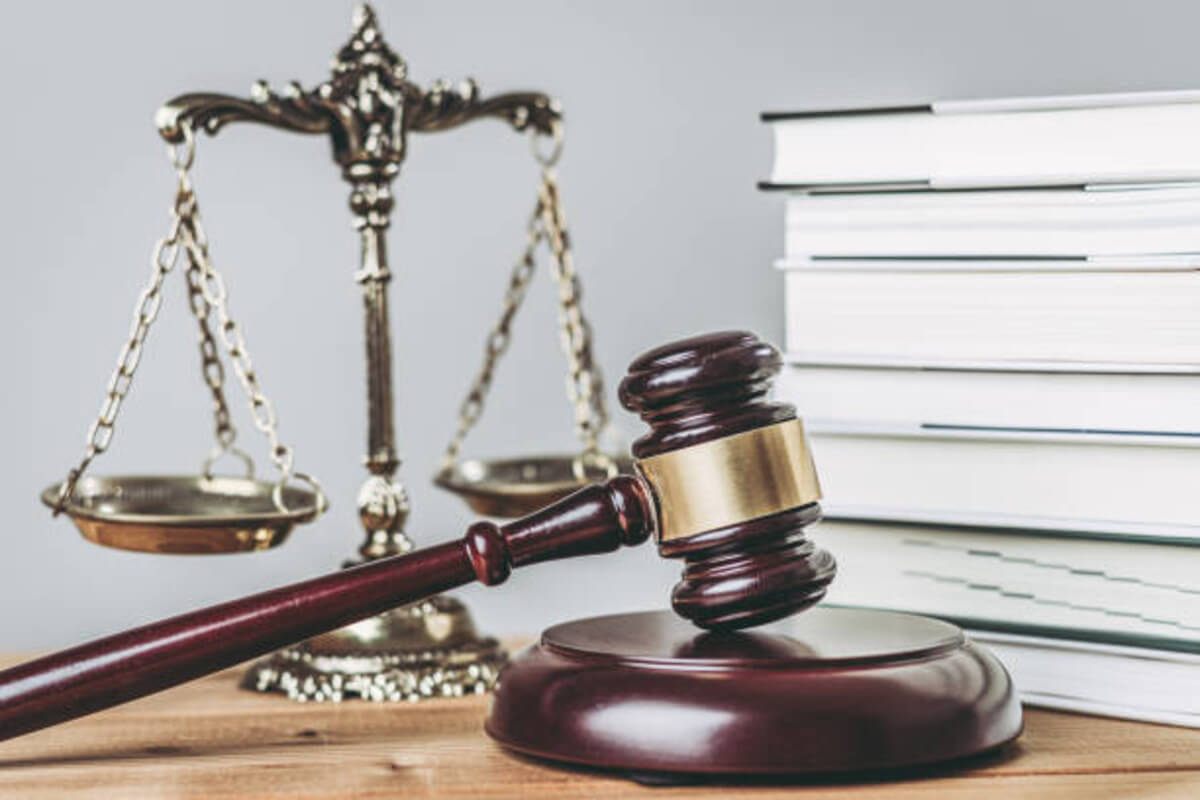Functions of the Judiciary Government in Nigeria
It is common knowledge that we have three arms of government in Nigeria. The executive, legislative, and judiciary make up the arm of government. They work in unity to foster and uphold the democratic governance of the Nigerians.
The judiciary is the third member on the list. It is responsible for interpreting and applying the laws relating to matters affecting the government and the citizens.
In this blog post, we will discuss the function of the judiciary government in Nigeria and its importance to the Nigerian legal system.
Advertisement
Also, check out The Functions of the Nigerian National Library.
The Judiciary Government in Nigeria
The functions of the judiciary government in Nigeria include:
Interpretation of the Constitution and Laws
The judiciary exists to interpret the Nigerian constitution and laws ensuring that justice prevails in all legal matters. It is the primary responsibility of the judiciary to ensure that the rule of law is upheld and that the government operates within the bounds of the law.
Advertisement
Adjudication of Disputes
Another responsibility is settling legal matters and disputes. The judiciary ensures that such cases are settled between the parties involved according to the established laws and rights.
Protection of Human Rights
The judiciary government in Nigeria is responsible for protecting the human rights of Nigerian citizens. The Nigerian Constitution guarantees fundamental human rights such as the right to life, freedom of expression, and freedom of association.
Checks and Balances
The judiciary government curbs excess or abuse of power. It ensures that all arms of government exercise power within the bounds of the law and the Constitution.
Importance of the Judiciary Government in Nigeria
The judiciary government is an essential part of the Nigerian legal system. Its functions are critical to maintaining law and order in the country. The importance of the judiciary government in Nigeria includes:
Upholding the Rule of Law
The judiciary government in Nigeria is responsible for upholding the rule of law. This function ensures that everyone is equal before the law, regardless of their status or position in society. It also ensures that the government operates within the bounds of the law.
Protection of Human Rights
The judiciary government in Nigeria is responsible for protecting the human rights of Nigerian citizens. This function is critical in ensuring that individuals are protected from abuse by the government or other individuals.
Maintaining Checks and Balances
The judiciary government in Nigeria provides a check on the power of the executive and legislative branches of government. This function ensures that the government operates within the bounds of the law and the Constitution. It also ensures that there is no abuse of power by the government.
Components of the judiciary system
Supreme Court
The highest court in Nigeria, with the final say on constitutional matters and legal disputes that cannot be resolved by lower courts.
Court of Appeal
This court hears appeals from lower courts, including appeals from the High Court and Sharia Court of Appeal.
Federal High Court
This court has jurisdiction over cases that involve federal laws, including cases related to intellectual property, human rights, and immigration.
State High Courts
Each state in Nigeria has a high court that handles both civil and criminal cases.
Sharia Court of Appeal
This court has jurisdiction over Islamic law matters in states that have adopted Sharia law.
Customary Court of Appeal
This court has jurisdiction over cases that involve customary law and traditional practices in communities.
Magistrate Courts
These courts handle minor criminal offenses and preliminary hearings and have limited jurisdiction.
District Courts
These courts are the first point of contact for most legal cases and deal with criminal and civil cases.
Also, check out The Calculation of Gratuity in Nigeria.
The Legal System in Nigeria
The Common Law System is a body of law that has its roots in England and is predicated on court rulings and established precedents. Nigeria’s southern and middle belt states, which were formerly colonized by Great Britain, adopt the Common Law System.
The Sharia Law System is an Islamic-based legal framework that is used in Nigeria’s northern states, where Muslims make up the majority of the population. The Sharia Law System is a court and judge system that handles inheritance, family law, and other concerns controlled by Islamic law.
Customary Law System: The Nigerian legal system known as “customary law” is founded on the traditions and customs of the country’s various ethnic groupings.
The Nigerian constitution recognizes the use of the customary law system, which is used in many different communities around the nation. It handles cases involving land, property, and other subjects covered by customary law and has its own court system and judges.
Powers of Judiciary Government
Interpretation of the Constitution
The Nigerian Constitution, which is the supreme law of the land, may be interpreted by the court system. The Constitution’s interpretation and applicability to particular situations and cases are matters for the courts.
Resolution of Conflicts
The justice system has the authority to resolve conflicts and render judgments in accordance with the law. This includes legal issues involving the various branches of government as well as civil and criminal matters.
Judicial Review
The judiciary system has the authority to conduct judicial reviews, which enable it to examine the executive and legislative branches of government to make sure that their activities comply with the law and the constitution.
Enforcement of Judgments
The legal system has the authority to make its rulings and judgments legally binding. To guarantee that its decisions are carried out, this includes the authority to issue orders, injunctions, and other legal remedies.
Protection of Basic Rights
The judicial system has the authority to uphold people’s fundamental rights, such as the freedom of speech, the right to a fair trial, and the right against discrimination.
Conclusion
The judiciary government in Nigeria plays a critical role in maintaining law and order in the country. Its functions are essential in upholding the rule of law, protecting human rights, and maintaining checks and balances.
The judiciary government must remain independent and impartial to ensure that justice is served and that the rights of individuals are protected.
Before you go, check out The Nigerian Police Force Ranks and Symbols.







One Comment
Comments are closed.